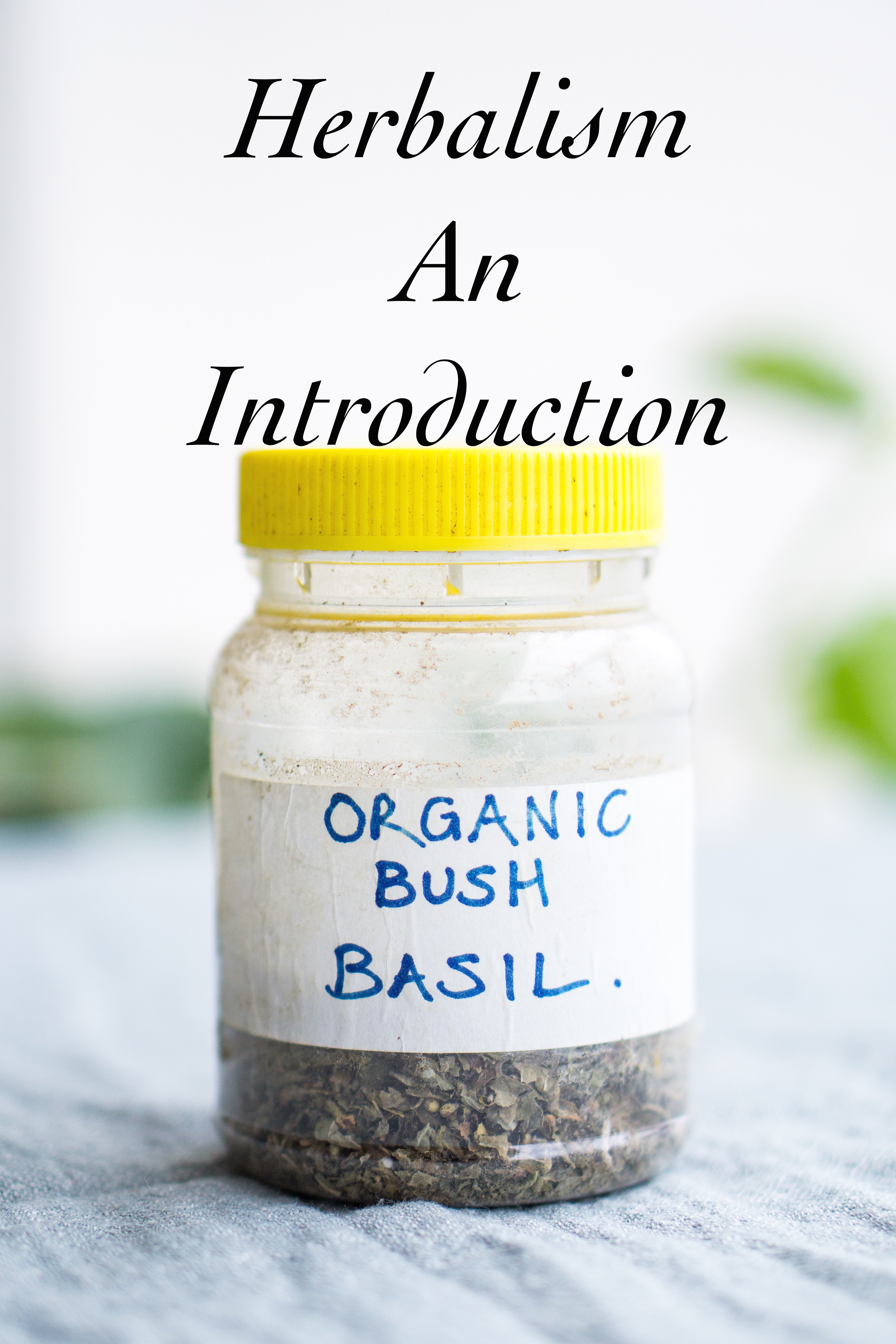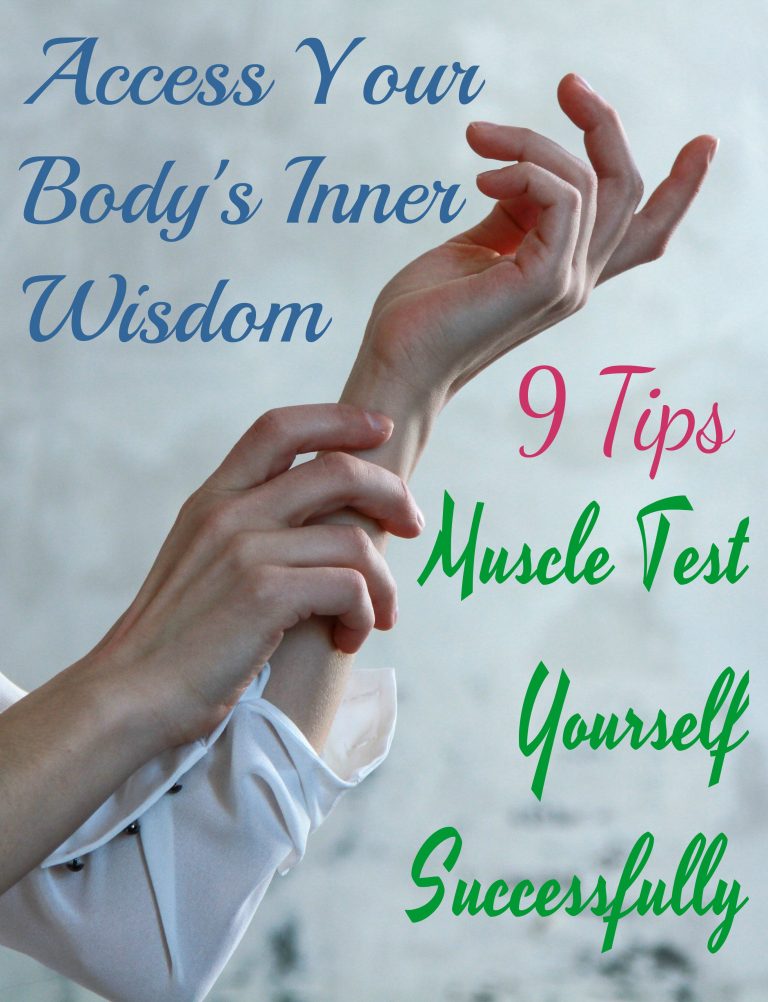Herbal Medicine Introduction
What is Herbal Medicine
Using herbs from plants to heal the human body is one of the oldest forms of medicine. The mere thought of such medical practice conjures up an image of a medicine man with walls filled with shelves of herbal tinctures, extracts in brown bottles of various sizes, ointments, powders made with mortar and pestle, creams and lotions. These are all made and used to be sure!
But what IS Herbal Medicine at its core? What is the essence of Herbalism?
A modern day definition simply states that Herbal medicine is an alternative form of medicine that uses various components of plants to treat illness and ailments. And this is true.
But the philosophy of Herbalism brings about an understanding that acknowledges MORE than the simple treatment of illness. Herbal medicine facilitates the body’s ability to heal itself and bring itself back to health. In other words, Herbal medicine promotes the good health of your body!
This might sound familiar and ring a few bells for those of us that are versed in the various styles of medical therapies such as Functional medicine versus Conventional medicine.
More and more people are becoming disenchanted with therapies provided by conventional medicine. They often opt for a more natural treatment. I personally would prefer natural remedies as opposed to drugs, pills, and invasive procedures!
So what can Herbal medicine provide and when must we consider using it as opposed to Conventional therapies?
Why Conventional Medicine is Still Important
I would personally prefer a surgeon to an herbalist if I ever get into a bone mangling accident! Or if an invasive and aggressive cancer were to suddenly appear!
The main consideration when deciding between Conventional and Alternative therapies is TIME.
In that accident or aggressive disease, there is something physically wrong that presents a clear and immediate danger to life! Therefore time is of the essence if that life is to be saved!
Unfortunately, much of conventional therapies operates as though the life of an individual is constantly threatened; even if it’s something as simple as the common cold!
However once you have spoken with your healthcare provider and found no life-threatening disease, you may consider turning to natural remedies as a Complimentary or even Alternative medical treatment.
Herbal Medicine in Sync
After ruling out life-threatening complications, we must shift our focus from fixing an illness to that of facilitating healing.
Herbal medicine provides us with a tool to help our bodies engage its natural healing process with vigor! And it can allow us to reestablish our body’s balance when it has gone off kilter! Learn to listen to your body’s wisdom before an imbalance occurs.
Assuming our body’s need a little encouragement, we can use the plants the Earth has given us!
Be aware that you must take responsibility for understanding and observing your own body. I can only provide on this blog what I have learned and seems to have worked as a matter of history. This is because what may work for me may or may not work for you; and vice versa.
Therefore you must take the time to learn your body’s quirks and appreciate its nature since everyone’s biochemistry is unique!
That being said, if symptoms continue to persist or get worse, speak with your healthcare provider! You may have spoken with him/her to ensure no cause for serious concern. However the continuation of symptoms is another cause for concern!
You may experience some vomiting or diarrhea or other symptoms depending on the effect of the herb and it’s desired outcome such as with an emetic.
However experiencing these symptoms in excess is not justifiable! These symptoms are not the price you pay for getting better after years of maltreatment!
These symptoms are your body communicating with you. Your body is letting you know what is working and what is not helping. So pay attention to these signs!
Symptoms like headache, dizziness, blurry vision, vomiting, chest pains, abdominal cramps, constipation/diarrhea and others can also develop. PLEASE use a little common sense and seek professional help with your healthcare provider.
Common Questions/FAQ About Herbalism
-
Are Herbal Remedies Safe?
- There are 4 ways to answer this question: 1) It is safe if it can be eaten and provides nutrition. 2) Knowledge has accumulated over thousands of years that allows us to distinguish which herbs are helpful and which are harmful. 3) Experience of practitioners builds a certain intuition of when to take certain herbs without upsetting the balance of other systems in the body. 4) Research and experiments that figure out the active molecules of a particular herb and its specific action it has in the body. Research will also compare the performance of an herb to conventional therapies.
- Although many herbs are considered safe, they may interact with medications. So please speak with your healthcare provider.
-
How is “Herb” Pronounced?
- There is no correct way from what I have heard. The only determinate factor seems to be what part of the world you are from. The “H” is left out of the pronunciation where I am from. So it is really up to you and what makes you comfortable.
-
What is the Difference between Chinese, Ayurvedic, and American Herbalism?
- Yes and no. The herbs themselves differ only due to what grows in the different regions of the world. However the medicinal properties remain the same wherever a particular herb is grown.
- The three types also have varying philosophies driving their diagnosis and treatment of the body’s systems. American philosophy tends to center around treating the signs and symptoms of a disease rather than its cause (typical of western thought). Chinese and Ayurvedic philosophies concern themselves with using herbs as an integrated part of our diet to promote healing (as is typical of Eastern thought).
-
Where Should I Get My Herbs?
- I would recommend getting herbs as locally as possible to preserve and maintain the integrity of the plant and its vitality.
- Often times, herbs and plant-matter are drenched in pesticides, harvested, shipped over long distances, and fumigated before crossing country borders.
- Becoming familiar with the herbs and plants native to your local area or region will provide the best resources available to you.
-
How Much Should I Take?
- Everybody’s biochemistry is different. Therefore you may require a higher or lower dose than the next person to have a measurable effect.
- However it is better to start with small doses and then work your way up until you see the desired effect. Why? Because an herb may have negative effects on your body. A small dose can wash out much more quickly than a higher dose.
- Learn more about how you can open the lines of communication with your body.
One More Thing about Herbalism
You may see many home remedies offered here and from various resources you may trust. Please take note that there is the rare possibility of harm.
So please speak with your healthcare provider and let them know what you may be taking to avoid misunderstanding and the possibility of medication interactions.
Finally, LISTEN TO YOUR BODY! If something seems wrong, then STOP taking the herb!
Your goal is to restore your health and vital well-being!
If you liked this post, please comment and share this article with your friends and family!
If you have any questions or would like to suggest topics that you would like to read about, please post them in the comments below and I will do my best to read them!




